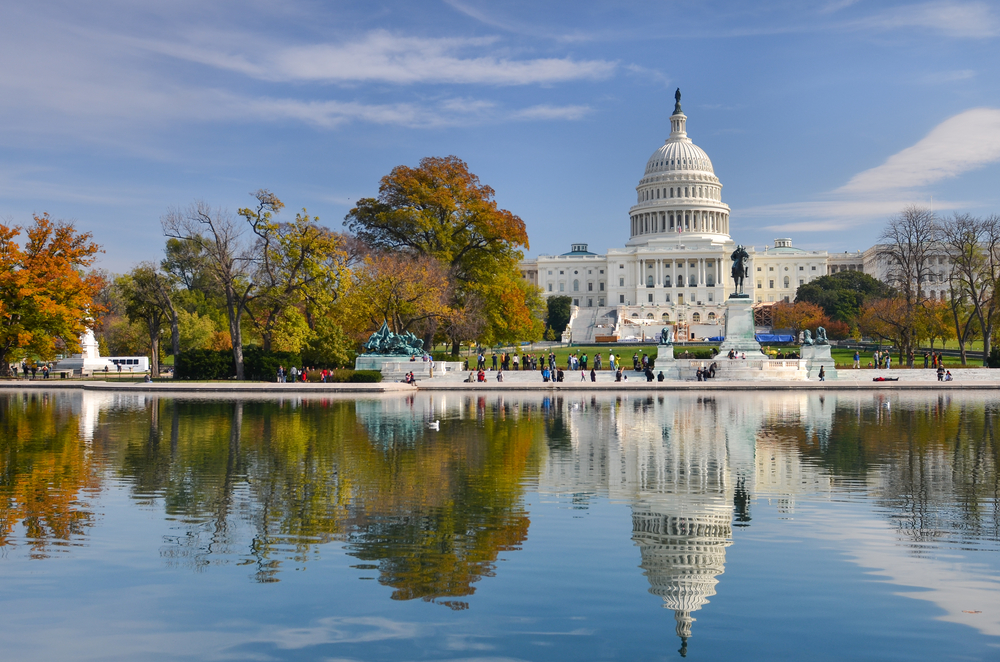BROWSE BY TOPIC
- Bad Brokers
- Compliance Concepts
- Investor Protection
- Investments - Unsuitable
- Investments - Strategies
- Investments - Private
- Features/Scandals
- Companies
- Technology/Internet
- Rules & Regulations
- Crimes
- Investments
- Bad Advisors
- Boiler Rooms
- Hirings/Transitions
- Terminations/Cost Cutting
- Regulators
- Wall Street News
- General News
- Donald Trump & Co.
- Lawsuits/Arbitrations
- Regulatory Sanctions
- Big Banks
- People
TRENDING TAGS
Stories of Interest
- Sarah ten Siethoff is New Associate Director of SEC Investment Management Rulemaking Office
- Catherine Keating Appointed CEO of BNY Mellon Wealth Management
- Credit Suisse to Pay $47Mn to Resolve DOJ Asia Probe
- SEC Chair Clayton Goes 'Hat in Hand' Before Congress on 2019 Budget Request
- SEC's Opening Remarks to the Elder Justice Coordinating Council
- Massachusetts Jury Convicts CA Attorney of Securities Fraud
- Deutsche Bank Says 3 Senior Investment Bankers to Leave Firm
- World’s Biggest Hedge Fund Reportedly ‘Bearish On Financial Assets’
- SEC Fines Constant Contact, Popular Email Marketer, for Overstating Subscriber Numbers
- SocGen Agrees to Pay $1.3 Billion to End Libya, Libor Probes
- Cryptocurrency Exchange Bitfinex Briefly Halts Trading After Cyber Attack
- SEC Names Valerie Szczepanik Senior Advisor for Digital Assets and Innovation
- SEC Modernizes Delivery of Fund Reports, Seeks Public Feedback on Improving Fund Disclosure
- NYSE Says SEC Plan to Limit Exchange Rebates Would Hurt Investors
- Deutsche Bank faces another challenge with Fed stress test
- Former JPMorgan Broker Files racial discrimination suit against company
- $3.3Mn Winning Bid for Lunch with Warren Buffett
- Julie Erhardt is SEC's New Acting Chief Risk Officer
- Chyhe Becker is SEC's New Acting Chief Economist, Acting Director of Economic and Risk Analysis Division
- Getting a Handle on Virtual Currencies - FINRA
ABOUT FINANCIALISH
We seek to provide information, insights and direction that may enable the Financial Community to effectively and efficiently operate in a regulatory risk-free environment by curating content from all over the web.
Stay Informed with the latest fanancialish news.
SUBSCRIBE FOR
NEWSLETTERS & ALERTS
House Republicans, Under Fire, Reverse Decision to Gut Ethics Office
One day after House Republicans voted to eliminate an independent ethics body, members returned to work on Tuesday to find their offices inundated with angry missives from constituents amid a national uproar. By midmorning, Donald Trump had weighed in, questioning the members’ priorities on Twitter – though he did not express his support or disagreement with the measure.
Shortly after, lawmakers were summoned to the basement of the Capitol for a hastily convened meeting with Republican leaders – at which time the decision was made to scrap the changes.
WHAT WERE THE CHANGES. House Republicans had voted to curtail the powers of the Office of Congressional Ethics, an independent body created in 2008 after a series of scandals involving House lawmakers, including three who were sent to jail. Instead, they wanted to put the Office under the oversight of House lawmakers, from speaking to the news media.
But such resolve crumbled Tuesday morning, as thousands of phone calls flooded lawmakers’ offices and both conservative and liberal ethics groups issued statements condemning the vote. Some Republicans joined in, saying the measure sent the wrong message to the public. (Internet searches for the words “Who is my representative” surged after news of the plan broke Monday night and peaked Tuesday morning, according to Google.)
“It was a stumble,” said Representative Mark Sanford, Republican of South Carolina, who opposed the measure and who was himself the subject of an ethics investigation while he was governor of South Carolina. “Probably not the way you want to start out.”
Mr. Trump had weighed in via a series of Twitter posts, suggesting that the House should be focused on domestic policy priorities such as health care and a tax overhaul. He called the Office of Congressional Ethics “unfair” but said focusing on it now was a case of misplaced priorities. He appended the hashtag “DTS,” an apparent allusion to his promise to “drain the swamp” in Washington.
This was not the first time that House lawmakers - Democrats or Republicans - had tried to curtail the powers or budget of the Office of Congressional Ethics, which some lawmakers see as being too aggressive in its investigations, even though it is routinely cheered by nonprofit ethics groups on both the left and the right.
After their reversal on Tuesday, House Republicans agreed to ask the Ethics Committee to examine the Office of Congressional Ethics and recommend possible changes by this summer to address the concerns that some members have raised.





